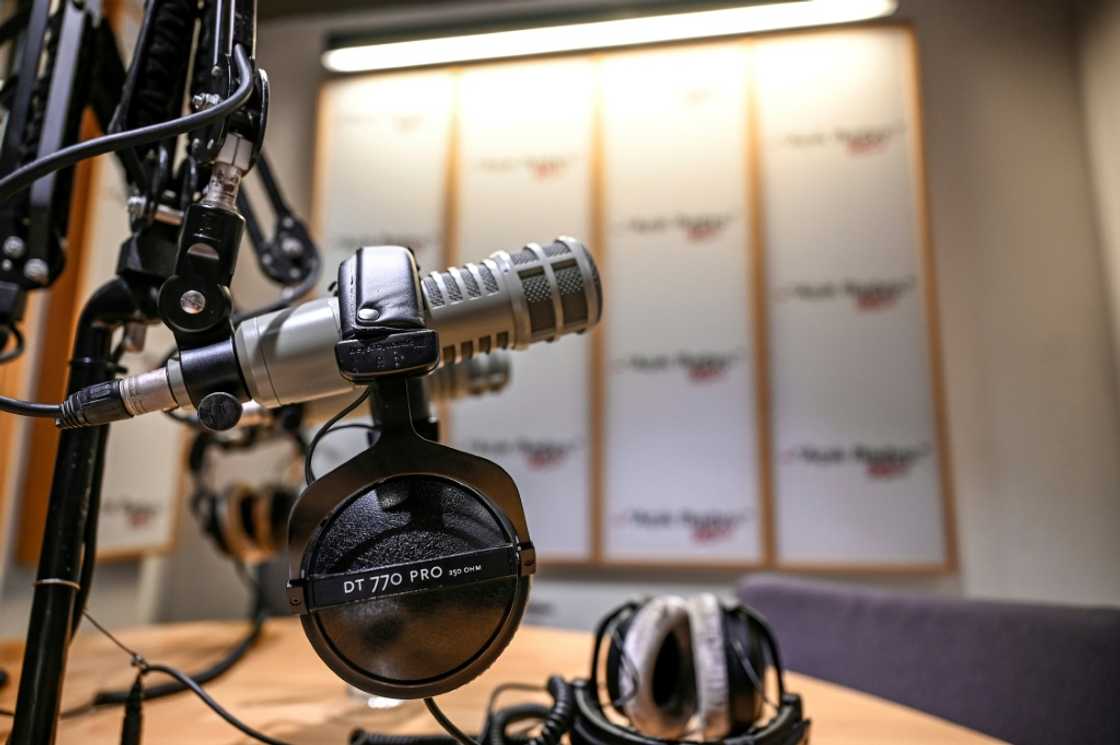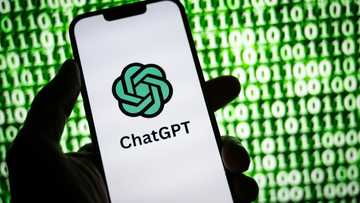Mass-produced AI podcasts disrupt a fragile industry

Source: AFP
Artificial intelligence now makes it possible to mass-produce podcasts with completely virtual hosts, a development that is disrupting an industry still finding its footing and operating on a fragile business model.
Since Google launched Audio Overview, the first mass-market podcast generator that creates shows from documents and other inputs, just over a year ago, a wave of startups has rushed in, from ElevenLabs to Wondercraft.
No studio, no humans at the microphone, not even a recording -- yet out comes a lively podcast, banter and all. Whether based on a legal document or a school handout, AI tools can deliver a state-of-the-art podcast at the click of a mouse.
A pioneer in this movement is Inception Point AI, which was launched in 2023 and releases about 3,000 podcasts per week with a team of just eight people.
The immediate goal is to play the volume game, said Jeanine Wright, Inception's founder and the former number two at leading audio studio Wondery.
With each episode costing one dollar to produce, a mere 20 listens is enough to turn a profit. Automation has lowered the threshold for selling advertising space -- previously set at several thousand downloads.
Wright gives the example of a "hyper-niche" program about pollen counts in a specific city, heard by a few dozen people that can attract antihistamine advertisers.
With the rise of generative AI, many worry about synthetic content of poor quality -- often called "AI slop" -- flooding the internet, particularly social media.
Inception mentions AI's role in every episode, a disclosure that generates "very little drop-off" among listeners, Wright told AFP.
"We find that if people like the (AI) host and the content, then they don't care that it's AI-generated or they've accepted it."
Finding an audience
Martin Spinelli, a podcast professor at Britain's University of Sussex, decried a flood of content that will make it "harder for independent podcasters to get noticed and to develop a following" without the promotional budgets on the scale of Google or Apple.
The expected surge in programming will also cut into the advertising revenue of non-AI podcasts.
"If someone can make 17 cents per episode, and then suddenly they make 100,000 episodes, that 17 cents is going to add up," warned Nate DiMeo, creator of "The Memory Palace," a pioneering podcast for history buffs.
The industry veteran, whose program began in 2008, said he's skeptical about the mass adoption of AI podcasts.
But even if listener tastes don't change significantly, a glut of AI podcasts can "still impact the art form," independent podcasting where most programs are barely managing to stay afloat.
Currently, the three major platforms -- Apple Podcasts, Spotify and YouTube -- don't require creators to disclose when a podcast was created by AI.
"I would pay money for an AI tool that helps me cut through that noise," said Spinelli, who finds the streaming giants ineffective at connecting niche content with its target audience.
Wright argues it's pointless to draw a dividing line between AI and non-AI content because "everything will be made with AI," to one degree or another.
She does believe, however, that AI-generated podcasts with synthetic voices will emerge as a distinct genre -- somewhat like live-action films and animation, which have proven their storytelling potential and appeal over time.
"People dismissing all AI-generated content as slop right now are being thoughtless, because there's a lot of great, compelling AI content that deserves their interest."
DiMeo doesn't see it that way.
He compares podcasting to reading a novel or listening to a song.
You simply want to connect "with some other human consciousness," he said. "Without that, I find there's less reason to listen."
Source: AFP




